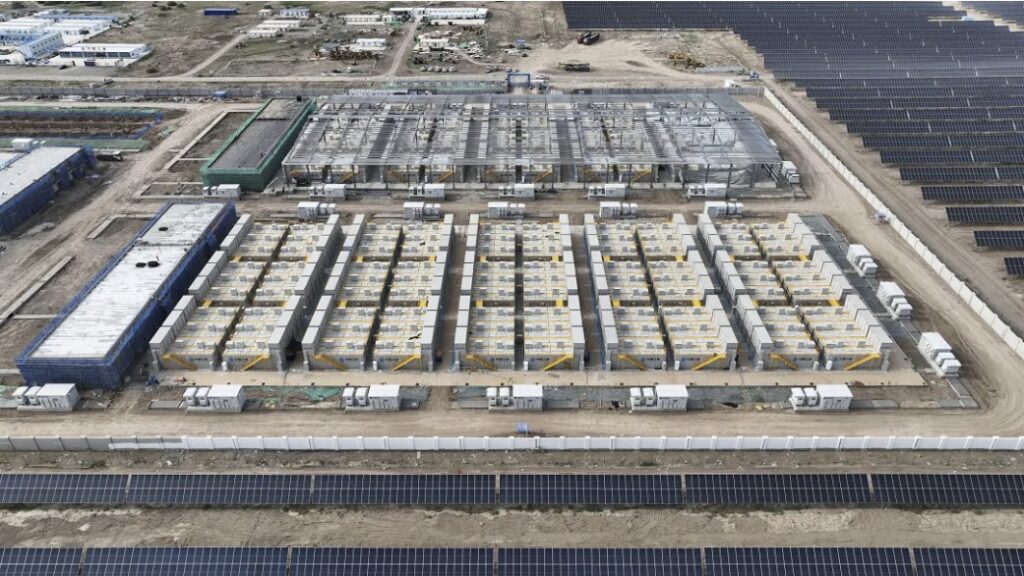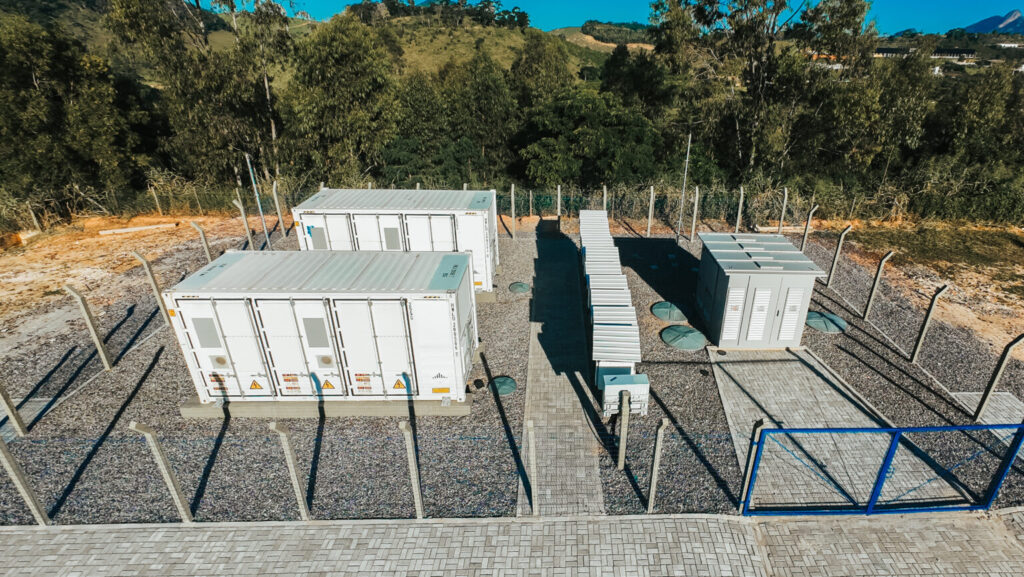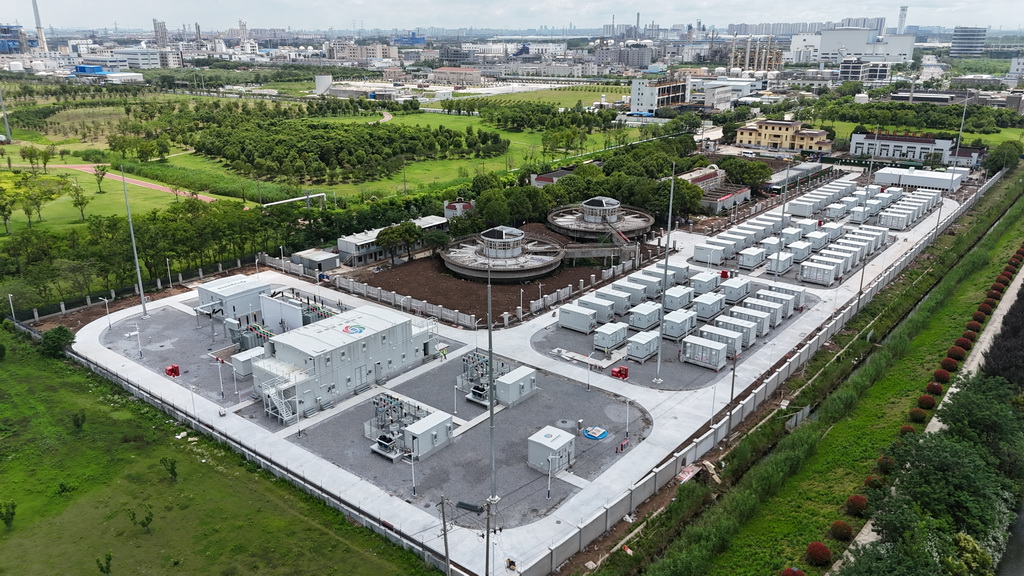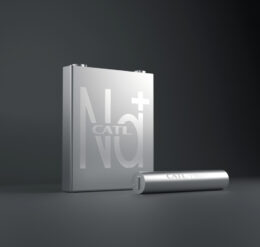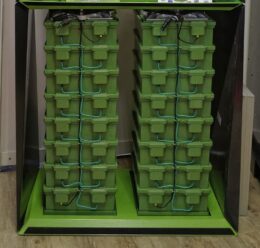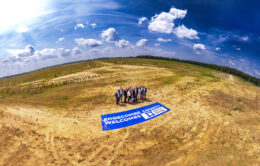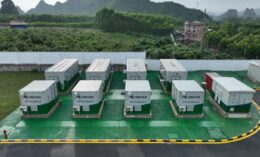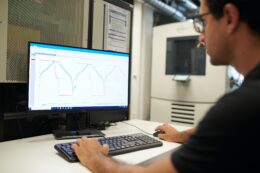German project for fast industrial implementation of sodium-ion battery technology
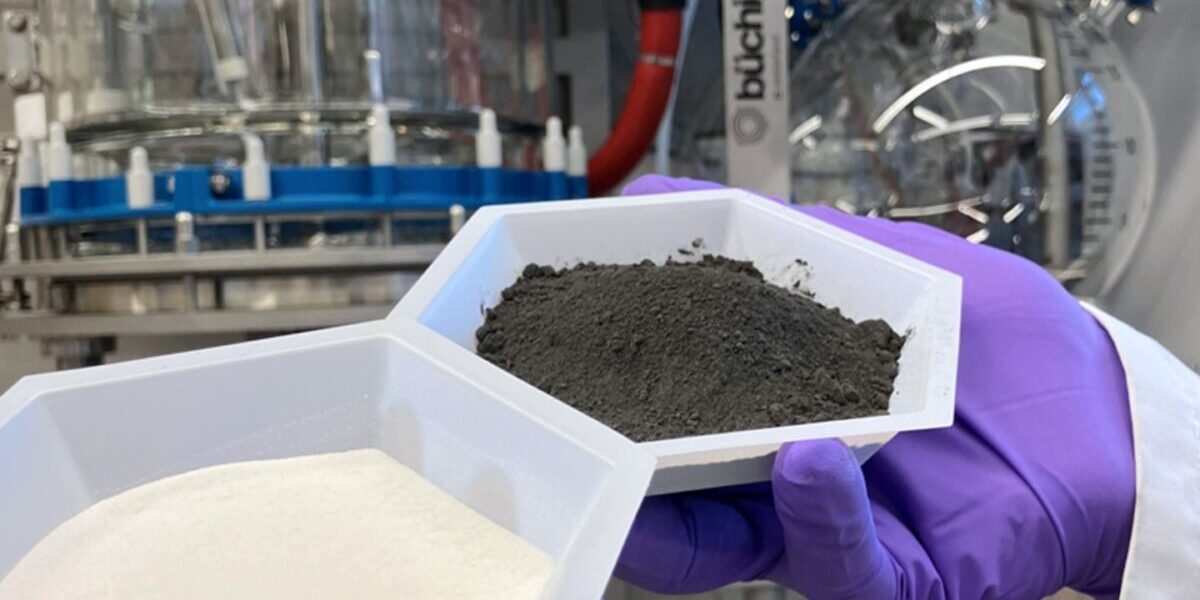
Sodium-ion batteries (SIBs) are considered a promising alternative to lithium-ion devices because sodium is a non-critical, inexpensive, and readily available raw material that is classified as particularly safe.
The first large-scale energy storage facilities based on the technology are already operating in China.
Germany’s Fraunhofer Institute for Manufacturing Technology and Advanced Materials Research (IFAM), in Bremen, says a SIB:DE research consortium, comprised of industry representatives and academics, is studying whether sodium-ion technology can be affordably and efficiently retrofitted into lithium-ion battery production lines.
While sodium and lithium have similar electrical properties, chemical differences between them mean they are not directly interchangeable. SIBs age faster and, thus far, offer weaker performance than lithium-ion devices.
The SIB:DE researchers want to identify SIB active materials which can be produced at scale and offer competitive battery cell performance. Layered oxides, polyanionic compounds, and “Prussian blue” analogues are potential cathode candidates, with hard carbon-based materials considered for anodes.
SIB prototype cell demonstrators are being used to observe performance and production requirements, the latter to evaluate SIBs’ “drop-in” capability into lithium-ion fabs.
Integration
An evaluation matrix will enable the researchers to assess materials’ scalability, drop-in capability, and performance and price competitiveness. Economic and ecological factors will also form part of the evaluation matrix which is being developed.
The €14 million ($14.5 million), three-year SIB:DE research project is funded by Germany’s Federal Ministry of Education and Research and will end in December 2027. The project, co-ordinated by German chemicals giant BASF, involves seven industrial partners, 14 academic institutions, and 42 other representatives from science and industry.
From pv magazine Deutschland.






